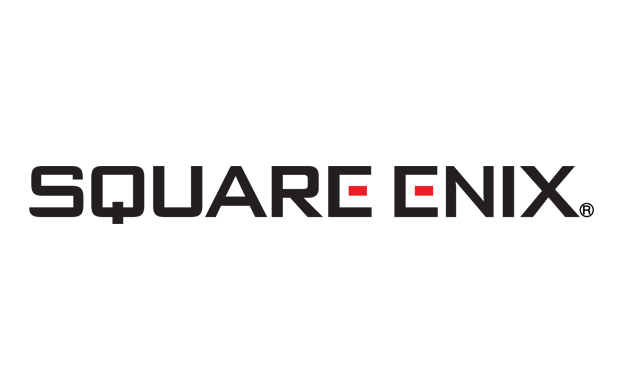Winner profile
Square Enix
- Overall winner at the 1998 UK Technology Fast 50 awards

Final Fantasy. Tomb Raider. Dragon Quest. These are just a few of the world-beating titles that have been created by legendary game companies Eidos and Square Enix over the past few decades.
The two companies became one in 2009, when Eidos was acquired by Square Enix. Phil Rogers, who was chief executive of Eidos, which appeared in Deloitte’s first ever Fast 50 ranking back in 1998, became boss of the Western business after the deal.
“I’ve always been fascinated by acquisitions,” he says. “I was never afraid of them.” According to Rogers, the acquisition helped both studios make more of the kind of games their customers loved. “There was a tremendous amount of overlap between the two companies,” he explains. “We were both very focused on quality and on our fans, and that shared vision was key.”
The videogames industry has been through a period of intense change, disrupted first by the internet and then the smartphone revolution. After some “rough and tumble”, Rogers says that Square Enix adapted well to the new digital landscape. “The rise of mobile gaming and free-to-play brought disruption,” he admits. “We are taking on all the smarts from these emerging markets and they play heavily into how we think of our console games.” He gives an example: “Free to play is great at onboarding players because if the gamers don’t like it, they leave. We’ve learned to do that with our console games, making the onboarding just as smooth.”
Square Enix also makes sure it gives its creative teams free rein to build the worlds and games that will delight future audiences. “We’re mindful that size can be detrimental to creativity so where we need to address that, we give our teams the structures that are best suited to their needs,” says Rogers.
Back in the days of boxed console games, success was much easier to achieve, he claims. Final Fantasy is 30 this year, while Tomb Raider was first launched just over 20 years ago. “Quick sequels could generate really good returns but then, on balance, innovation and customer satisfaction dwindled,” says Rogers. “It was a rinse and repeat formula."
“When I took over at Eidos. I wanted to stem that, to stop IP dying. We had to believe we could reboot something like Tomb Raider. We went from a world where game sales were declining to finding a new audience and thinking about things differently. It took a lot of brave decisions and late nights thinking, ‘Can we achieve this?’”
This strategy is clearly working. During the past financial year, Square Enix’s sales have jumped 20pc, year-on-year, due to strong sales of Final Fantasy XV and Rise of The Tomb Raider as well as strong download numbers for previously released titles.
Now, Square Enix is pouring its efforts into new models such as games-as-a-service, and developing new games based on world famous characters. “This is how we will engage gamers in future,” says Rogers. “We’ve also announced a partnership with Marvel this year, which is already proving incredibly exciting. The hairs on the back of my neck stand up when I think of what we’ll be bringing to fans.”